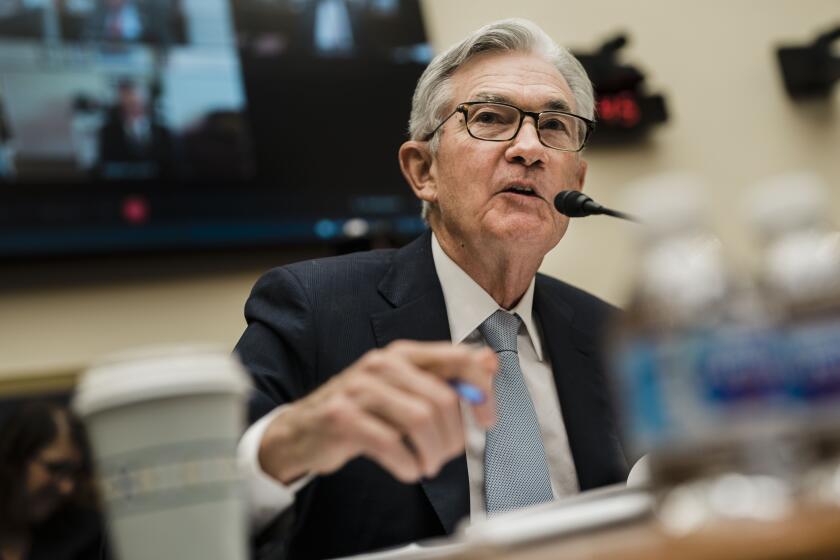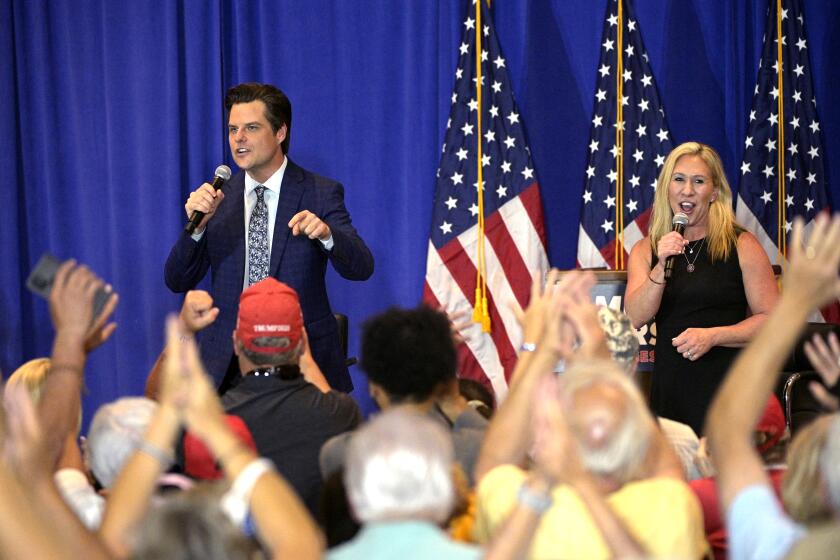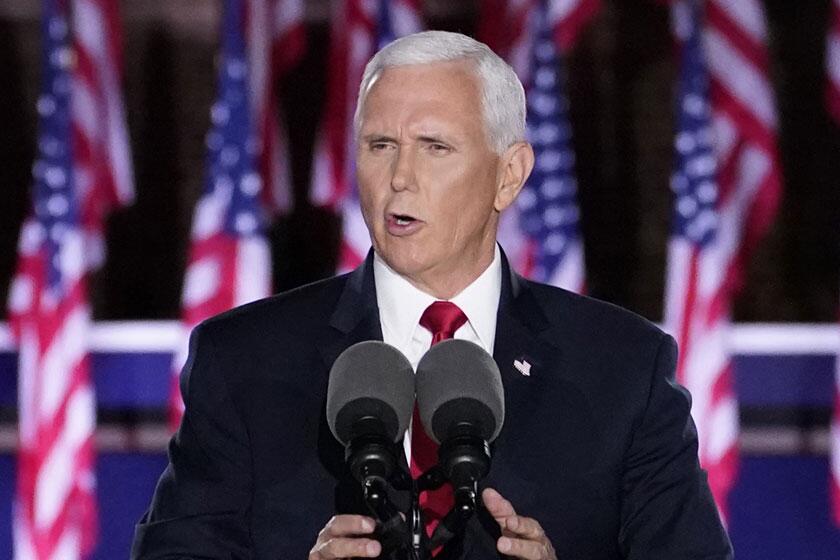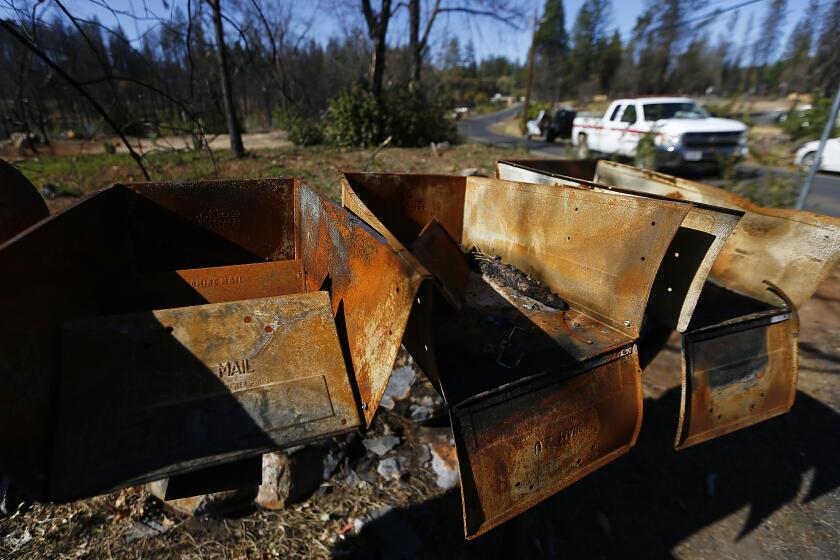Column: How did America get addicted to a policy that fails everyone but the rich?
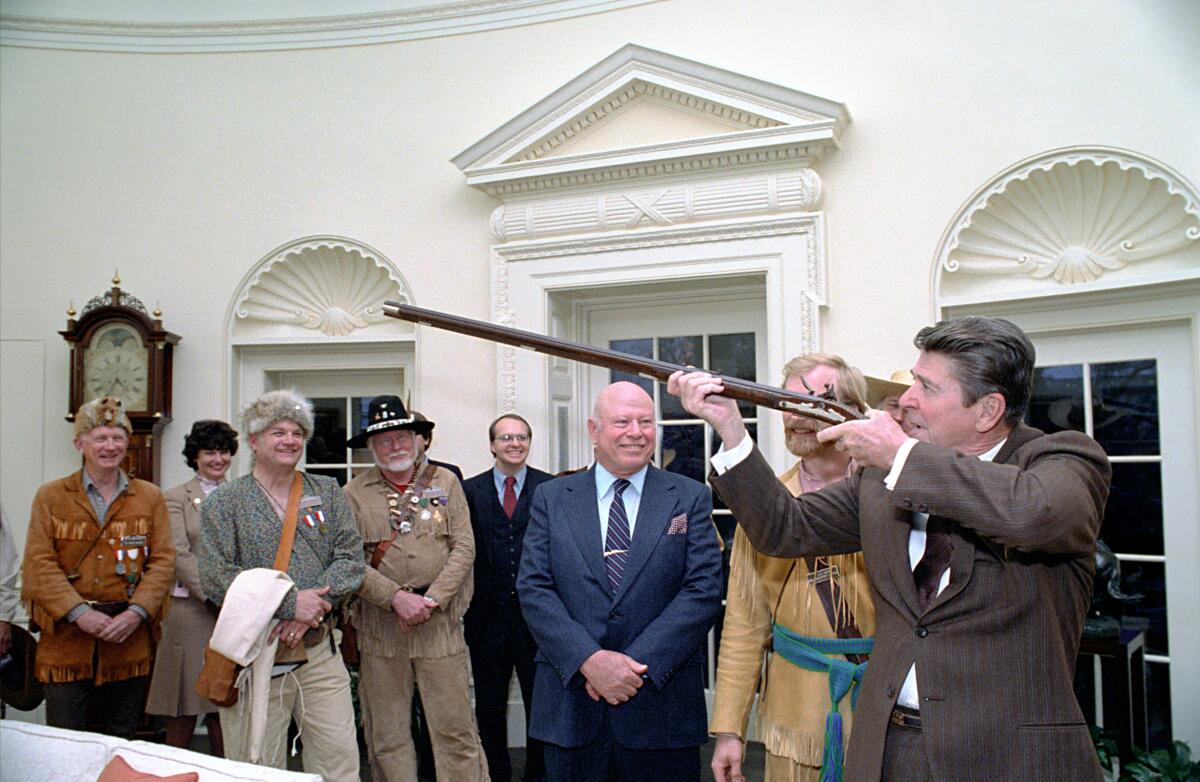
Here’s the central riddle of U.S. politics since the Great Depression:
Social Democratic policies crafted in the 1930s succeeded in creating a long era of widespread prosperity, then suddenly lost their credibility in the mid-1970s. They were replaced by the neoliberalism of Ronald Reagan, which failed to help anyone but the rich, yet still governs American economic policy.
The ascent of neoliberalism and its staying power “is a puzzle,” J. Bradford DeLong writes in his magisterial new economic history of the 20th century, “Slouching Towards Utopia.” It’s the central puzzle that DeLong, a professor of economics at UC Berkeley, a widely followed economics blogger and one of our leading critics of economic inequality, aims to examine.
‘It was just bad luck that landed us with Reagan and Thatcher, ... who wound up doing nothing constructive except greatly increasing income and wealth inequality and then entrenching the ability of inequality to put its thumb on the scale of elections.’
— J. Bradford DeLong, UC Berkeley
DeLong takes as the canvas what he calls the “long twentieth century,” which he defines as the period from 1870 to 2010 and argues was “the most consequential years of all humanity’s centuries.”
The “watershed-crossing events” of 1870, in his view, include the emergence of globalization, the industrial research lab and the modern corporation. The era ends in 2010 with the developed world — specifically the countries of the North Atlantic — still coming to grips with the Great Recession of 2008.
Get the latest from Michael Hiltzik
Commentary on economics and more from a Pulitzer Prize winner.
You may occasionally receive promotional content from the Los Angeles Times.
The story DeLong tells doesn’t really end there, for its reverberations still are felt today. In that context, the most important portion of his book covers the shifting approach to market forces. That portion starts with the Depression.
By bringing to the middle class and working class the recognition of their shared interest in a more inclusive economy, the Depression produced a drive for social insurance and social justice. Franklin D. Roosevelt’s New Deal recognized those interests by creating programs such as Social Security and pro-labor policies through the National Labor Relations Act.
This was the era of social democracy, reflecting the views of Hungarian economist Karl Polanyi, who rejected the conservative view that the market had to be permitted to function without interference, even if it produced unjust outcomes.
“Polanyi’s counter was that whether saying the market can do it all or that it’s all we can have, people will not stand for it,” DeLong told me during a lengthy conversation about his book. “You will get a large group of people wanting to elect someone who will do something about the system.”
In the post-Depression era, it became understood that “not only shouldn’t the market be left to do it all,” DeLong says, “it can’t do it all or very much unless it is properly primed and aided and guided.”
The Fed isn’t giving the economy time to absorb its rate increases before imposing more pain. That could leave people jobless for no reason.
“So you need things like the GI Bill to produce a money flow into education, and things like Fannie Mae and Freddie Mac [the government-sponsored housing finance agencies], because otherwise funding homeownership expansion on the scale that America needed would be all but impossible.”
Social democracy, in DeLong’s telling, encompassed a vast array of programs not normally thought of as core economic ventures — airport construction, the National Park Service, government-funded research in health, Head Start in education.
However one defines it, social democracy worked, ushering in what DeLong calls “thirty glorious years” of prosperity (actually 1938-1973 — the phrase was coined by a French economist, referring to the postwar French economy of 1939-1979). The developed economies grew by an annual average of 3% during those years.
The very breadth of economic expansion made the public highly receptive to all these programs, including the social safety net. As president, Dwight Eisenhower warned that tampering with, much less abolishing, Social Security, unemployment insurance and other social programs would mean the extinction of the Republican Party.
But then it all came apart. It would have been hard to sustain annual growth of 3% under any circumstances, but the 1970s brought the oil shocks, which tripled the price of oil, produced high inflation and provoked a sharp economic slowdown.
Opinion soured on redistribution of income to sustain the poor, and on environmental regulations. “The fading memory of the Great Depression,” DeLong writes, “led to the fading of the middle class’s belief ... that they, as well as the working class, needed social insurance.”
Republicans who got their COVID loans forgiven claim it’s immoral not to pay your debts.
The stage was set for what DeLong calls “the neoliberal turn.” Of course, “neoliberal” is a misnomer; the concept is more properly described as a return to conservative market economics. The right wing yoked economic conservatism to a cultural critique aimed at discontent with the movement for racial justice.
Indeed, one insight that DeLong’s approach leads us to is how little the right’s attack on social justice initiatives has evolved in nearly a half-century. In 1980, conservative economist Martin Feldstein inveighed against unemployment insurance because it would produce inflation, health and safety regulations because they would reduce productivity, and welfare because it would “weaken family structures,” Medicare and Medicaid because they would drive up healthcare costs.
Even earlier, in 1962, Nobel economics laureate George Stigler lamented the “insolence” of civil rights demonstrators. Complaints about the “permissiveness” of liberal parents was a feature of Republican critiques.
Compare that to today’s GOP shibboleths. Republican governors competed to see which of them could rescind pandemic-related unemployment benefits faster; deregulation has become a permanent plank in the GOP platform; Medicaid is still a target of right-wing “reformers”; Sen. Ted Cruz (R-Texas) depicts President Biden’s student loan relief program as one directed at “the guy that studied queer pet literature,” and Rep. Lauren Boebert (R-Colo.) says it will rob hardworking Americans to pay for a student’s “degree in lesbian dance theory.”
Targeting ethnic and Black communities still exists on the right, though the GOP today also targets LGBTQ rights.
The social democracy movement “ran aground in the 1970s,” DeLong told me.
To some extent, social democracy foundered on an outbreak of bad luck.
“With no Iranian revolution, no tripling of world oil prices, Jimmy Carter wins reelection and you get a reconfiguration of social democracy with more respect for the role of a market economy with the right adjustments and the right distribution of income,” DeLong says.
“So it was just bad luck that landed us with Reagan and Thatcher, who had very little idea about how to actually accelerate growth, and who wound up doing nothing constructive except greatly increasing income and wealth inequality and then entrenching the ability of inequality to put its thumb on the scale of elections.”
The right wing is trying to turn environmental investing into a boogeyman, as it did with critical race theory.
As DeLong writes, “The rich had the largest megaphones, and they trumpeted the fact that their incomes were growing rapidly. And those lower down ... were told that if only they were sufficiently worthy, the unleashed market would give to them too, and they more than half believed it.”
It’s proper to acknowledge, as DeLong does, that even amid rising inequality the average American’s living standards have improved markedly, in part thanks to the fall in prices of technology: Households with home air-conditioning have risen from 55% in 1979 to 90% in 2010; microwave ovens from 5% to 92% of households; computers from 0% to 70%.
Yet DeLong points out that the features of a middle-class life that used to be within reach have receded, such as a detached house in a good neighborhood, the ability to pay for a good college without borrowing, health insurance that doesn’t leave one bankrupt after a heart attack.
Despite its obvious shortcomings, neoliberalism has wriggled its way into political orthodoxy. It was embraced by Bill Clinton who, as DeLong writes, declared in a State of the Union address that “the age of big government is over” and pledged to “end welfare as we know it” (via a reform program that has had a disastrous effect on poor households). Barack Obama, DeLong notes, called for government austerity when the unemployment rate rose above 9%.
DeLong posits that the neoliberal turn has survived because the end of the Cold War gave Reagan a halo that persists, and for some reason has infused his economic policies despite their failure to produce economic justice.
So where does that leave us today?
“Resurrecting social democracy is not in the cards, because it rested on technologies of production and social organization as they existed in the 1950s,” DeLong told me. “Nor is resurrecting Reaganism. But if there is no left-wing alternative to neoliberalism, the right-wing alternatives are much more unpleasant — a politics of ‘you have enemies and you need to give me close to plenary power so I can protect you.’ That’s a dangerous situation, and one that we seem to be drifting towards.”
Whether the hands on America’s economic tiller are capable of guiding us to a fair future remains in question. DeLong concludes his book with that question: “A new story,” he writes, “which needs a new grand narrative that we do not yet know, has begun.”
More to Read
Get the latest from Michael Hiltzik
Commentary on economics and more from a Pulitzer Prize winner.
You may occasionally receive promotional content from the Los Angeles Times.
